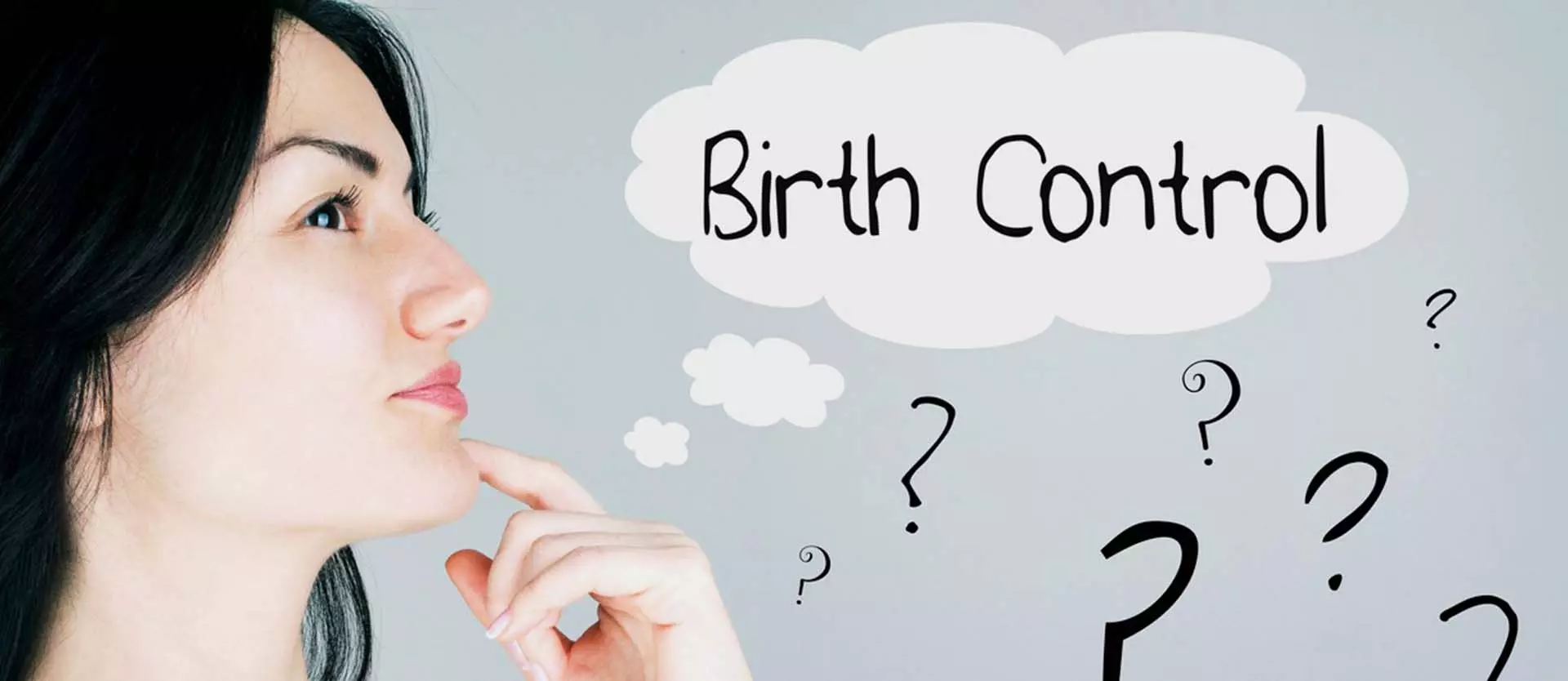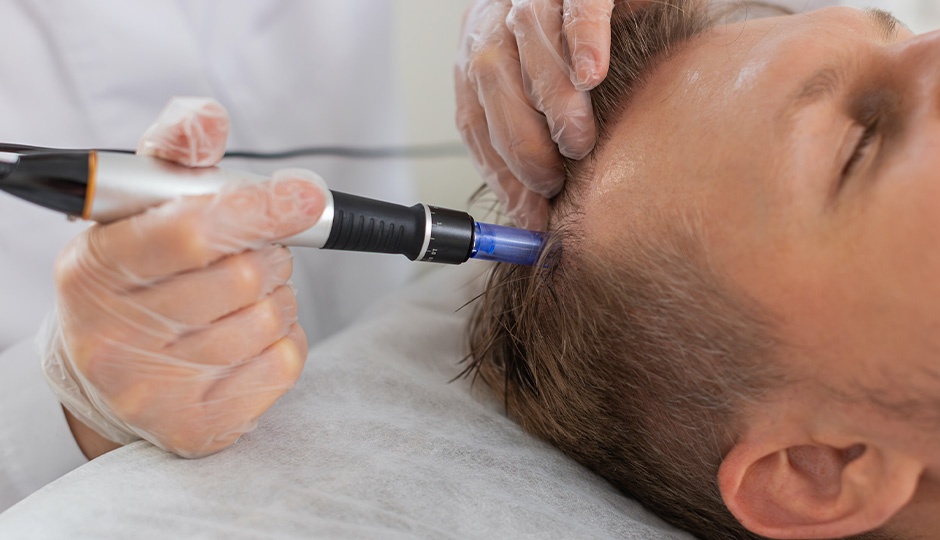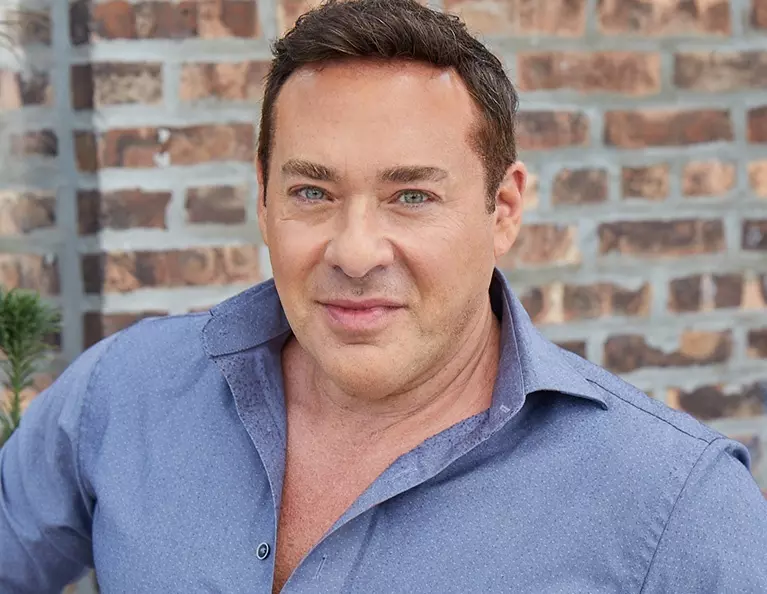Many factors impact hair shedding or hair loss. If you have made a significant change in your life recently and you are noticing increased hair shedding, you can expect that change to be at least a part of the reason. Birth control is one of those factors. In fact, it can be a significant reason why you have seen a significant increase in hair loss. Because of how birth control works and what it does, many types of it can be a common cause for hair loss. Let’s take a closer look.
Birth Control Side Effects
When you first start birth control, your doctor is likely to talk to you about a wide range of potential side effects that may occur. These side effects differ from one type of birth control to the next, though most have at least some. One of the most common side effects is a sudden amount of hair loss or hair thinning. Some women will experience hair loss when they start taking the pill. They may then see their hair improve after they stop taking it. Some women may not lose any hair while on the pill but may notice a change in hair thinning when they stop taking it.
Confused?
That’s because hair loss from birth control is often due to the types of components that make up birth control. Many birth control products work by having man-made forms of estrogen and progesterone, these are female hormones. The use of these helps to prevent the increase in estrogen that happens when a mature egg leaves the ovaries during the menstrual cycle, in a process called ovulation. This is how the pill helps to stop pregnancy from occurring.
The key to remember here is that birth control changes hormones. As a result of this, they can often contribute to hair loss as the body works to adjust to this sudden change in hormones. If you are using birth control shots, implants, vaginal rings, or patches, any of these changes are likely to happen.
What Can You Do About It?
Women who are prone to hair loss for any other reason – diet, nutrition, or genetics – are more likely to experience hair loss due to the use of birth control. Hair grows in cycles. When taking birth control, this can cause a sudden change that leaves your hair falling out too soon, in the wrong phase. When that happens, it can take some time for your hair to grow again, even as the body adjusts to the differences in hormones that are present now.
There is no easy solution for hair loss caused by the pill. Most of the time, though, it is temporary. While your body may feel that sudden shock from the hair loss, it is not likely to continue long term. Most often, you can see hair regrowth in a short amount of time – usually around 60 to 90 days.
If that does not happen, you may want to talk about alternative solutions to help encourage hair growth. That may include the use of Minoxidil 2%, something your doctor may recommend for you if you have a significant amount of hair loss from birth control. This topical solution works by moving hair follicles from the resting phase of the cycle to the growth phase at a faster rate. Still, it may take a few months for you to see a significant improvement in your hair loss.
What is most important to know is that birth control pills can commonly cause a woman to see some hair loss when they first start taking them. If you are at a higher risk for hair loss due family history, discuss with your doctor if birth control pills that are higher in estrogen rather than progestin may help. These are less likely to cause the significant change and shift that leads to hair loss. They can even help to stimulate your hair growth at certain times.
Most importantly, speak to your doctor about your concerns. Ask questions about the types of birth control available to you and which options may be best if there is a family history of hair loss in your family. There are often solutions that can work to minimize risks. To learn more about what solutions are available to you, contact Unique Hair Concepts for a free consultation.






